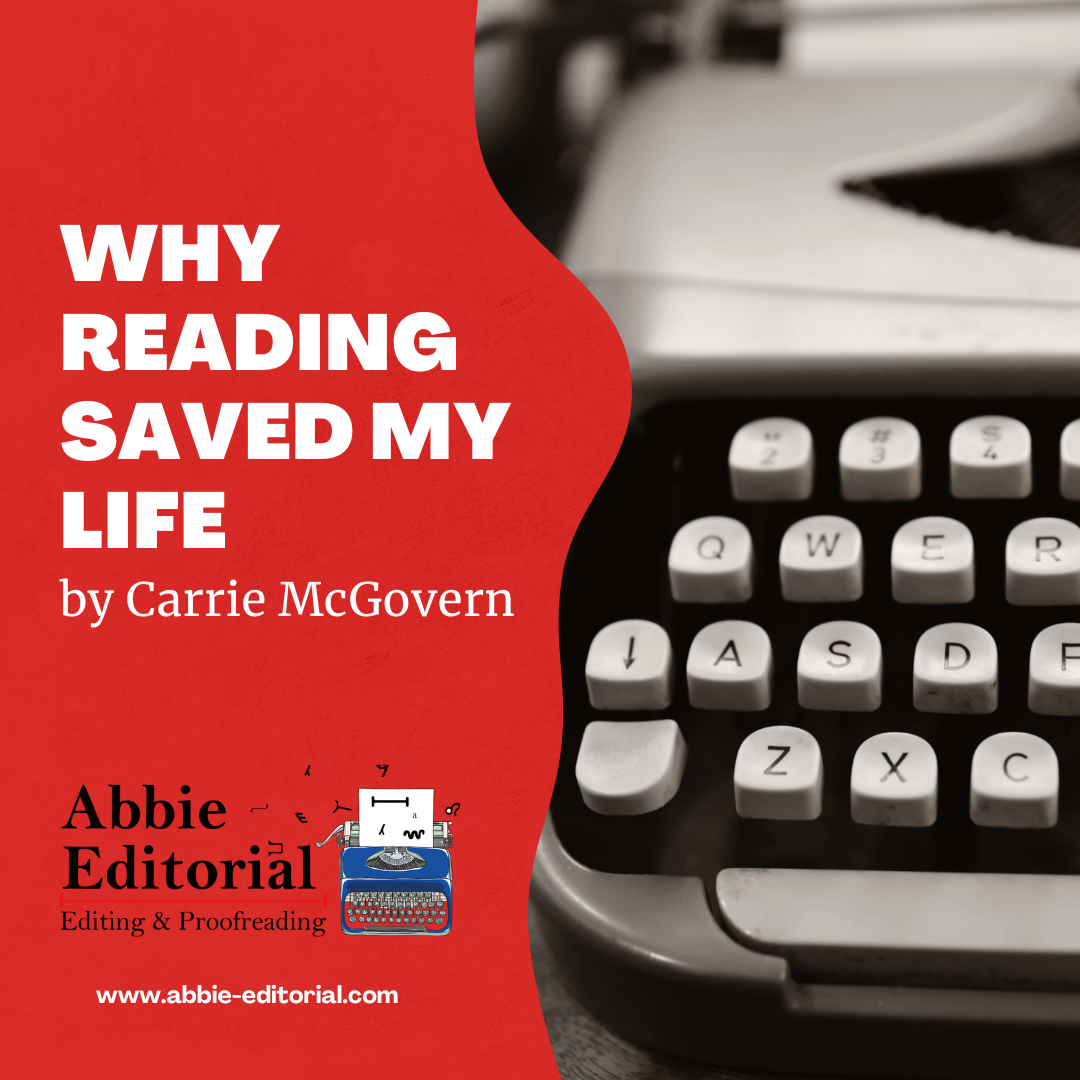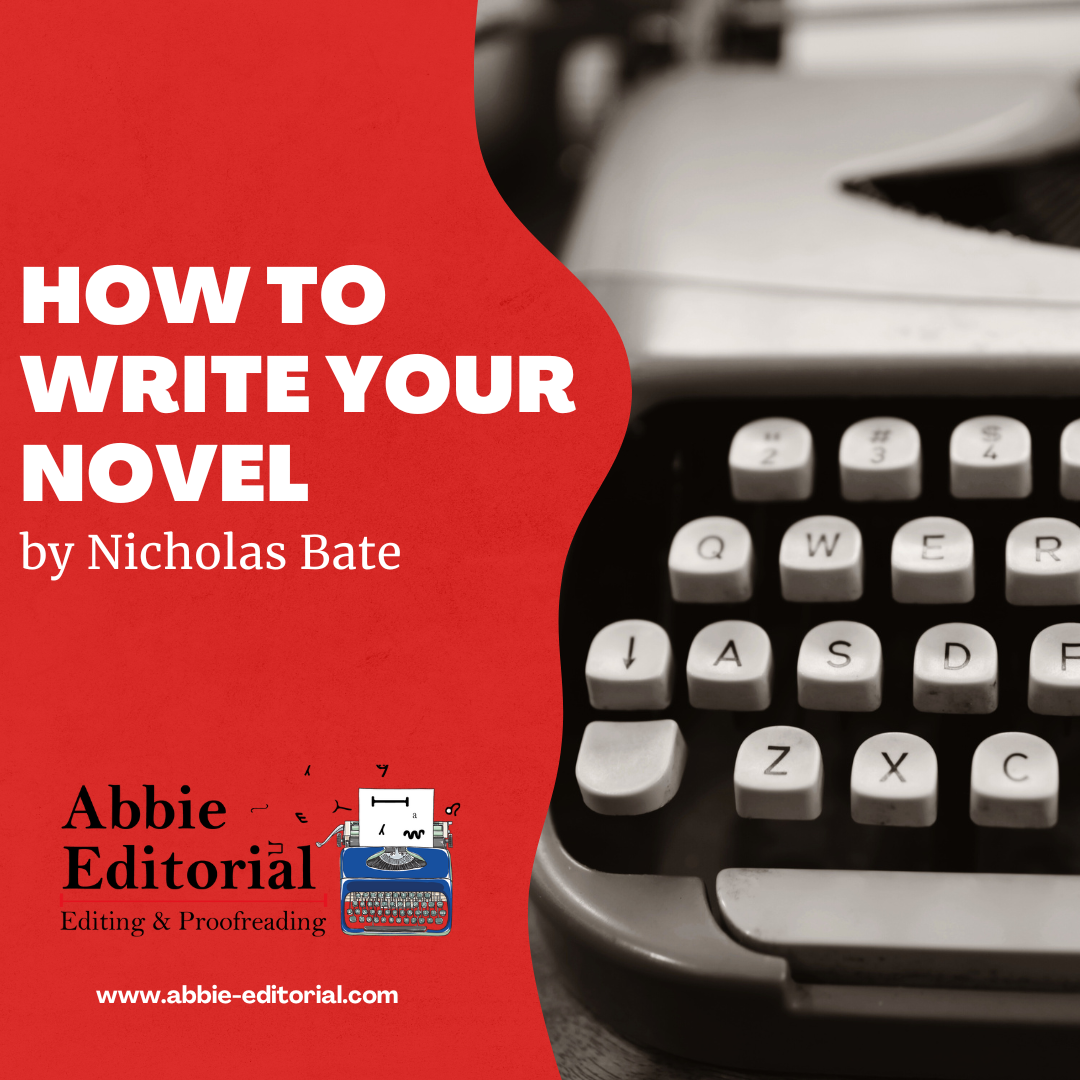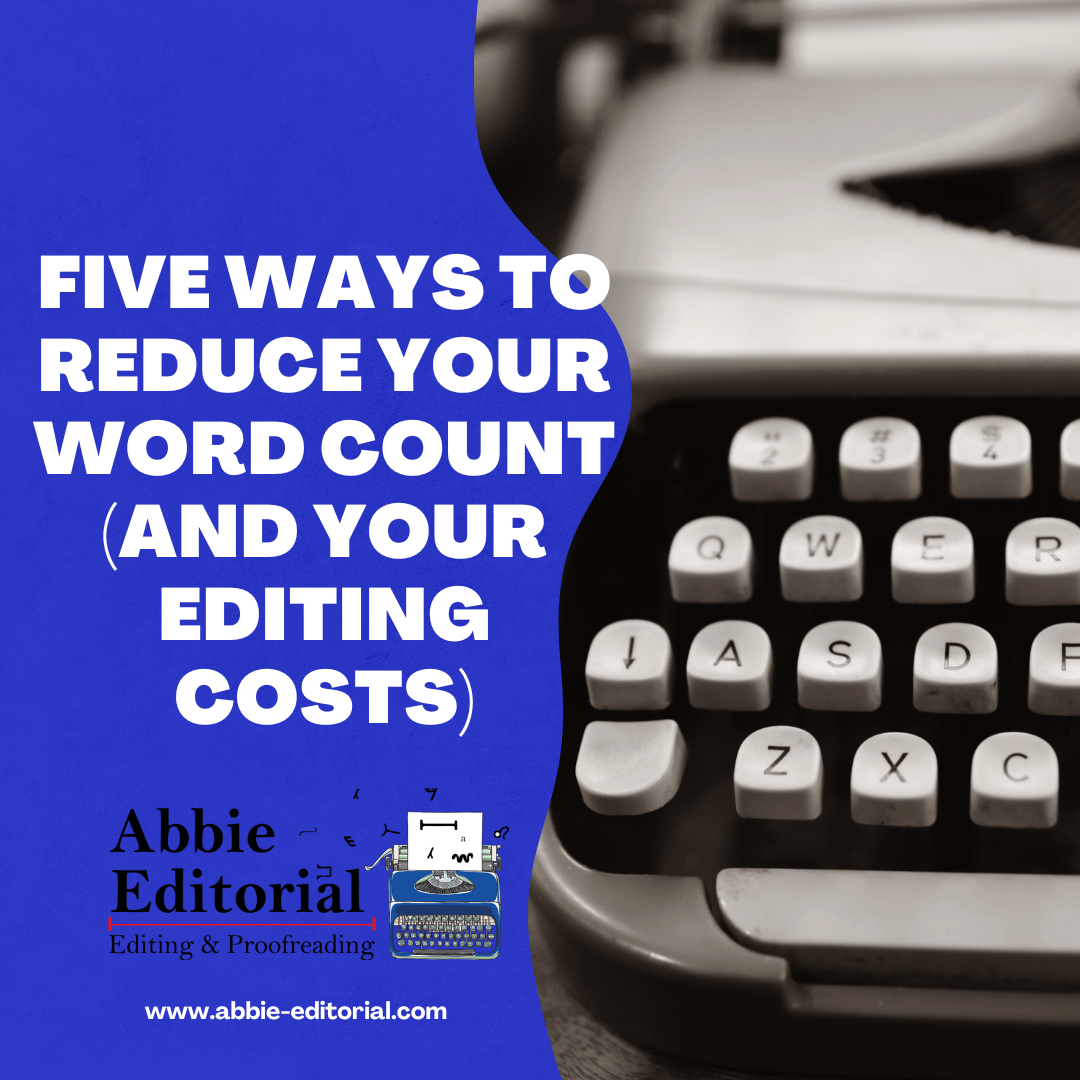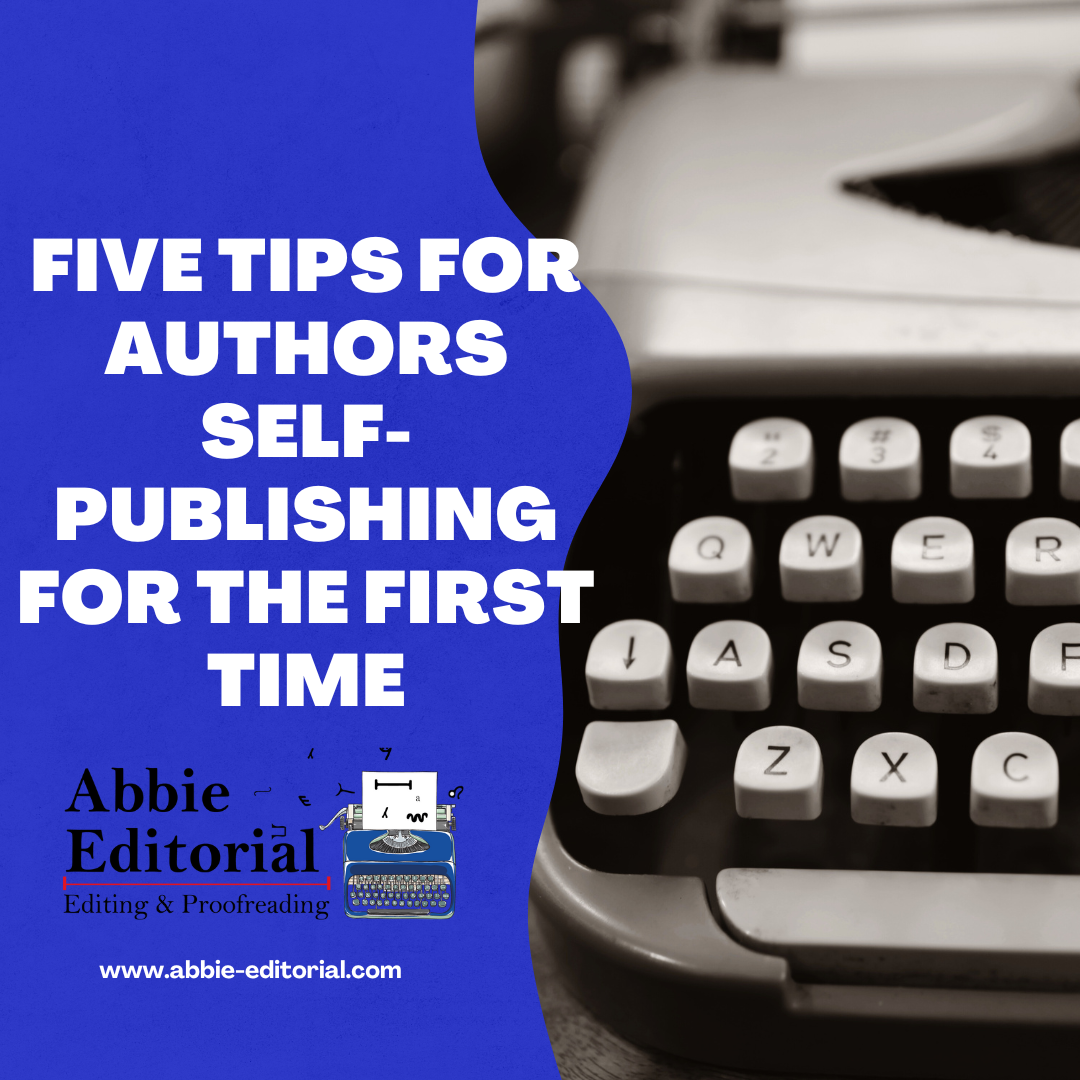To be or not to be... self-published

I saw something on Twitter/X recently that posed a question about indie authors. It asked, “Are they self-published authors or are they published by an indie publisher?” An interesting point, I mused, as I am now in both categories. But today I want to natter about self-publishing.
I think most people enter the publishing industry without knowing too much about it. They have a rough expectation about how it works and what is supposed to happen. I’m not sure where that comes from or what it’s based on. Now, the more I know about it, the more I realise how clueless I was when I’d finished my first book and was thinking about publishing it. However, I like to think I understood the basics enough to make an informed choice. So how do we choose which publishing route to take and is it even a choice for some?
Recently I was in the ‘local authors’ tent at a literature festival in my town, selling my books, and it was fascinating to see how many people wanted to talk about writing. They wanted a genuine discussion about what they were going to do, and what they were writing. One gentleman told me he had the rough outline of a book in his head, and he had written the first chapter. He told me he was going to send that one chapter to an agent and he would get a book deal. He was completely certain of the order of it and that it was going to happen. This conversation left me in a quandary. Did I burst his bubble and tell him that for ninety-nine per cent of writers querying is the worst slog in the world, and even getting an agent (if you want one) doesn’t automatically secure you a publishing deal? Or did I wish him luck and hope that he strikes it lucky first time and with just the one chapter? I ended up wishing him luck, but did recommend some podcasts, reading material and people to follow on social media.
I’ve met other writers who have gone with a vanity publisher and are wondering why their books aren’t bestsellers or why there is zero interest or sales. They believe that because they have left it up to someone else to market and promote their book, it is being done. One lady told me the eye watering amount she had spent getting her book published through a vanity press and then the extra money for a launch, and the book had hardly sold any copies. Everyone seems to have a story or journey of some description. But it’s important to remember that there isn’t a right or a wrong way to get your work out there. It is largely about your choice, how much effort you want to put into it and whether you want some longevity from your craft. Or whether you are a one-book writer and just want to ‘get it out there’.
I decided to self-publish my debut novel Sea State. Not because I didn’t have any offers. I did. But when I read the contracts and queried various elements, I couldn’t necessarily see what they would do for me that I couldn’t do myself. Now, I don’t work in publishing, but I run my own consultancy (that is so far removed from publishing it’s ridiculous) so I am no stranger to stuff being a hard slog and needing to know your market. I listened to a raft of podcasts and interviews from some of the self-publishing big hitters, researched what I could and concluded with the thought, why am I signing all this away, when I can actually do it myself?
There were a few driving factors behind my decision. It was all on my timescale, I had freedom over editing choices and it was my decision where to make cuts (under guidance!). Having overall control was the key thing I liked. I had a clear idea of how I wanted my books to look, which was incredibly important to me. I also knew Sea State was going to be the first in a series. I remembered some wise words from LJ Ross, who said in a podcast that she wished she’d held back from publishing her first book until she had a second lined up. Mindful of this, I delayed publishing Sea State until the second in the series, Sea Change, was in good shape, which helped keep up momentum and readers’ interest.
Lots of self-published/indie authors do things differently to me. There isn’t a right or wrong way. Everyone takes the path that suits them. What I would say is that I take offence to those who make the general assumption that self-published books are of poor quality, and badly written and produced. Many self-published authors strive to put out high quality work, and this is always hampered by those that type ‘The End’ and then upload it immediately to KDP without even a hint of a spell check.
I am also tired of the perception amongst some people (other writers included!) that self-published authors aren’t worthy of a deal, so aren’t worth being interviewed or included on a panel with traditional authors. This is the same for some reviewers and bloggers; some simply won’t entertain looking at your book because you’re not with a ‘big name’ publisher, irrespective of your storytelling capabilities. However, we may well have been offered a raft of deals, but chosen to turn them down for reasons best known to us.
Self-publishing is about making a series of choices. Some authors don’t use editors, proofreaders or cover designers and do it all themselves. I know that personally, I couldn’t do that. I’d miss things, not see plot holes, miss grammatical errors, have no idea where weird commas are needed, or that all-important rogue apostrophe, and the list goes on. I know my limitations: I can put together a good advert, but I can’t do a book cover that looks really professional. I like to think that my books are improved significantly by people who are more objective than me, who are experts in their field and can help me shape and package my work into something better. There is no right or wrong, it’s just what works for you and the choices you want to make.
For me, quality is crucial, and I have learnt many lessons from my first book and those that followed, and now I’m writing the sixth book in the series as well as a new Scottish mountain series. I’m better at a whole myriad of things, because along the way I have learnt the rules that work for me. I try to maintain my standards, and I work hard to get a book out there that looks like it would be at home nestling among the others in Waterstones or other bookshops.
Covers are a deal breaker for me, and I have turned down deals on the strength of the cover artist alone. Covers are an insight to the soul of the book and, in my opinion, should be treated as such. When people ask me how I know if a cover is right, I always say mock it up and take it into Waterstones or your local bookshop and put it down with the others in your genre. You will know instantly if it’s any good. If it looks like you’ve knocked it up on the back of an envelope, go back and try again. I strictly maintain that the value of a book cover shouldn’t be underestimated as there are readers out there that love books just as much for the art, as well as the storytelling content.
Because of the way I choose to do things I hugely value the work of alpha readers, beta readers, editors, proofreaders and cover designers. I respect their jobs and knowledge, and these folk are my engine room in getting a book out there. These folk are my ‘dream team’. It sometimes feels like a solitary undertaking to write it, but a book is the product of teamwork when you stand back and look objectively and hold the finished article in your hand.
A few people don’t seem to realise that when you self-publish you are the publisher, and this means you have to do everything a publisher does. For me, one of the hardest things to keep going is promotion. But this isn’t just exclusive to self-publishing. Many publishers now want the author to promote as much, if not more, than them. So there’s no escaping the cycle of promotion. It is a hard slog if you don’t have the benefit of the massive database the publishers have, and you largely have to grow organically as people get to know you and your storytelling.
Promotion becomes about ‘getting it out there’. Getting the amazing book bloggers and reviewers (who are absolutely fantastic people) to read your book, hoping they’ll like it (or even better, love it) and shout about it. It also takes time to build up a cohort of lovely readers that have fallen in love with your writing, your characters and your storytelling. You have to engage and nurture these people. Constant promotion is needed across different platforms via blog tours, teaser campaigns and things like Facebook and Amazon ads, which can be a financial minefield. This is where a resilient mindset is needed. It is a constant cycle that has to happen if you want to keep up the momentum, otherwise you are a tiny pebble on a beach full of them. It’s a hard slog and filled with wrong turns and rabbit holes that you end up going down that might not pay off, particularly if you have a tiny budget. But, whether self-published or not, it is fairly normal that it has to happen.
These days lots of authors are choosing to do both: self-publish and be traditionally published. That suggests attitudes are changing for the better and it is becoming more widely acceptable. For some, self-publishing is a brave, scary and solitary choice to make. Ultimately it’s got to suit you, your lifestyle, your budget and your commitments. So my advice? If you’re thinking about it, then do your research, talk to other self-published folk, learn from what they do. Soak up any advice they have. Then, pick what will work for you. Work at getting a good team around you that you trust. My last piece of advice: stock up on resilience and get ready for the ride, you genuinely can’t take your foot off the gas pedal for a second.











